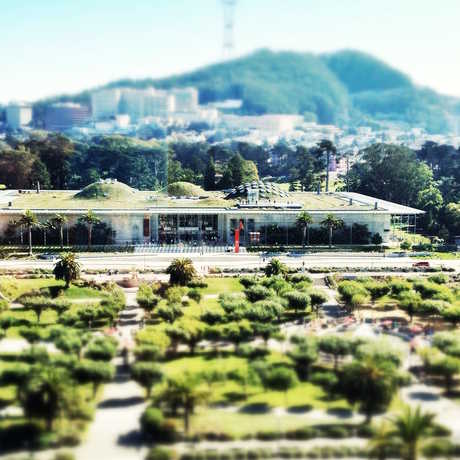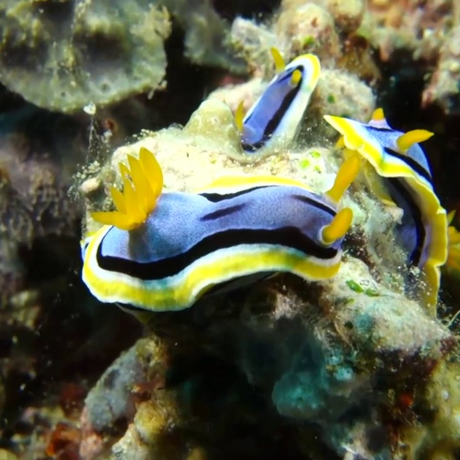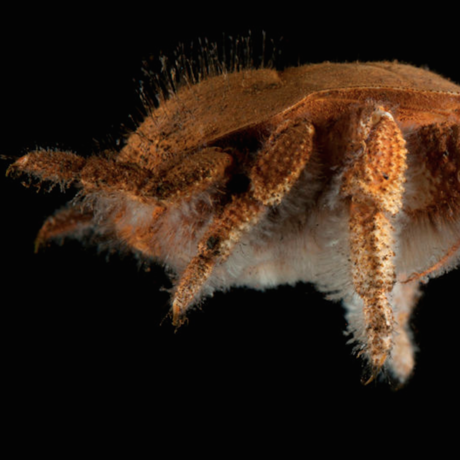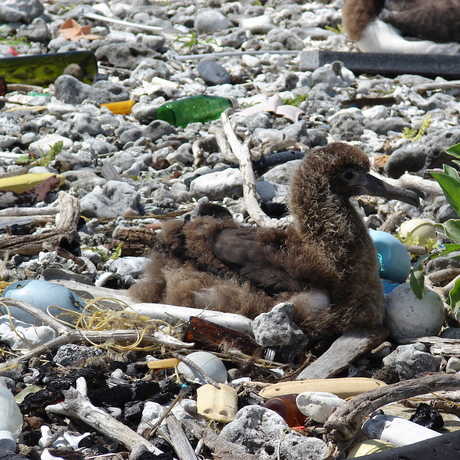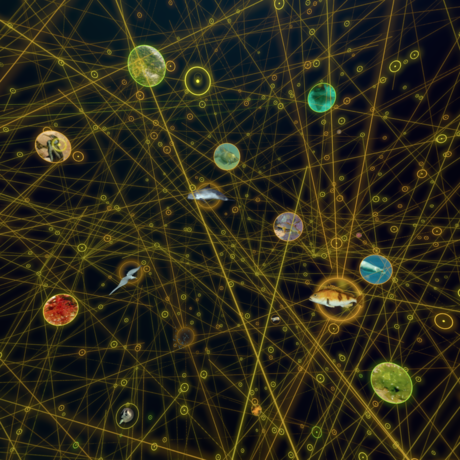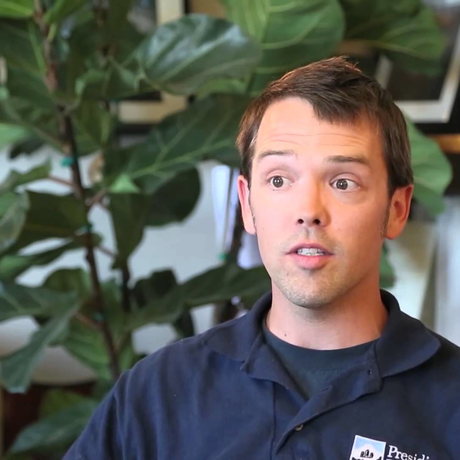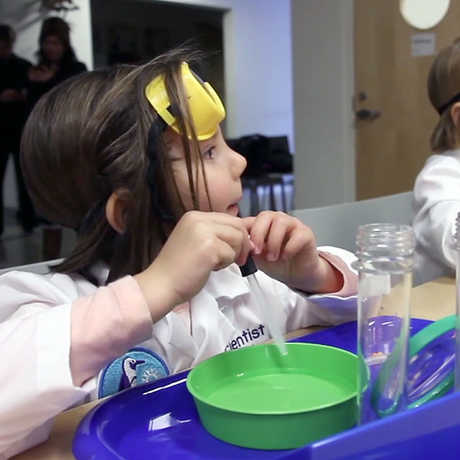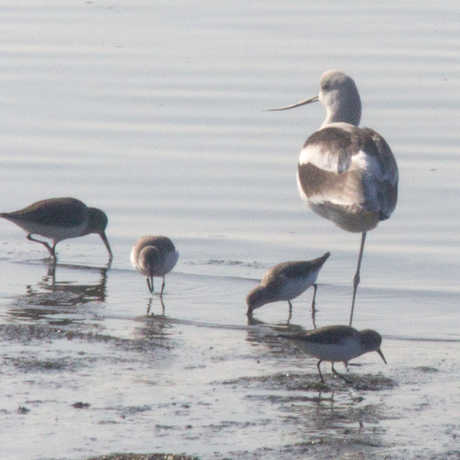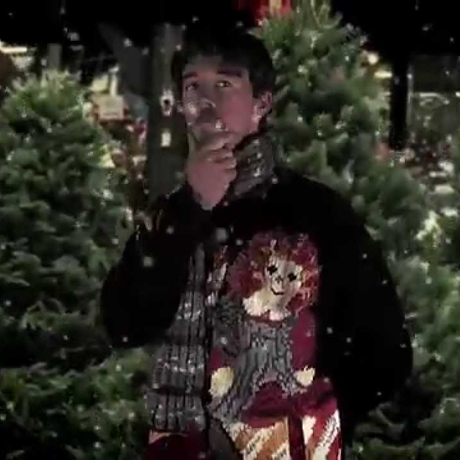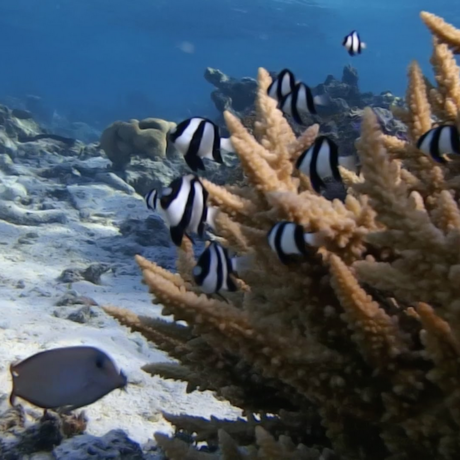Featured Articles
Today's post is Science Today's last. Thanks for joining us these past eight years!
Ecologically- and economically-rich coral reefs occur in very specific places on our planet.
New species finds include a succulent plant, worms and crustaceans near a hydrothermal vent and desert bees.
How can we effectively communicate the urgency around plastic pollution in the ocean to effect change?
Our team of animators took on the challenge of visualizing food webs in San Francisco Bay and other ecosystems.
Scientists and volunteers replant and repopulate Mountain Lake in San Francisco with native species.
The way we communicate science is changing, and it can have a real impact on society.
NASA's Orbiting Carbon Observatory is starting to measure fluctuations of carbon dioxide in Earth's atmosphere.
Satellites provide data that reveal just how much water California needs to get out of the drought.
The first in our series about the new planetarium show Habitat Earth, today we feature scientist Jack Dumbacher.
Wildlife Wednesday: This challenge is for another good cause, saiga antelopes.
San Francisco residents can adopt a tree to have a greener season!
How are some corals adapting and acclimating to climate change?
